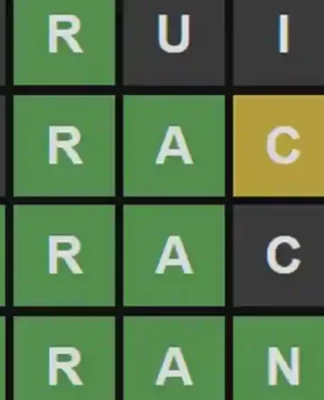Mortgages for expats are specially designed loan products that offer non-resident foreigners the opportunity to buy a home in their new country. While the definition of an expat varies from country to country, it is generally accepted that an expat is someone who lives and works in a foreign country for either a long time or indefinitely.

Australian expat mortgage is similar to any other mortgage it’s simply a loan taken out to buy or refinance a property. Expats typically use mortgages for purchasing real estate, often as investment properties, but they can also be used to finance renovations or other related costs.
The main difference between standard mortgages and those available to expats is that lenders may require additional information and documentation from applicants due to their lack of residency status in the host nation. This often includes proof of income, identity, tax payments, residency status and more depending on your circumstances.
In addition to providing extra documents when applying for an expat mortgage compared with traditional mortgages, there are also differences regarding fees and interest rates associated with this type of loan product. Generally speaking, these fees will be higher than what you would expect on domestic loans due to complications associated with dealing across borders such as currency exchange rates.
Advantages and Disadvantages of a Mortgage for Expats
Mortgages are an important part of many people’s lives, but for expats, they can be an even more vital financial tool. A mortgage for an expat allows them to purchase a home in their new country, which can provide stability and security as they adjust to life abroad. But there are also risks and drawbacks associated with expat mortgages that should be taken into consideration before making any decisions.
The primary benefit of a mortgage for an expat is that it allows them to purchase a property in their new home country. This can help them establish roots in their new surroundings, allowing them to build up equity over time while also providing much-needed stability and security during the transition period. Additionally, owning property abroad may provide certain tax benefits or other incentives which could make this option particularly attractive.
However, there are some downsides to taking out an expat mortgage that should not be overlooked. For starters, interest rates tend to be higher than those offered by domestic lenders due to the additional risk associated with lending money internationally. Furthermore, many lenders require additional documentation from borrowers such as proof of income or assets before offering to finance; this could prove difficult if you lack such paperwork from your previous residence or place of work.
Conclusion
Mortgages for expats can be a great way to finance a home abroad and enjoy the rewards of owning property in another country. With the right preparation and knowledge, expats can take advantage of foreign mortgage options and make their dream of owning property abroad come true. A mortgage for expat can also be an excellent way to diversify investments and secure long-term financial security. Expats should carefully research their options when it comes to mortgages and work with reliable lenders who understand the unique needs they have as foreigners to ensure that they get the best deal possible on their loans.
















